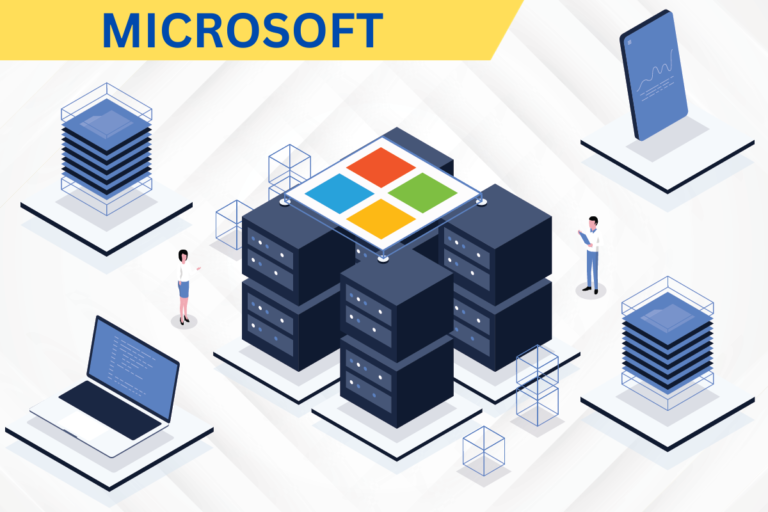Web Hosting: All You Need to Know
Launching a website or an online company requires web hosting, which is crucial. It offers the services and infrastructure required to make your website available to users all over the world. Everything you need to know about web hosting, including its definition, types, features, benefits and important concerns, will be covered in detail in this extensive tutorial.
What is Web Hosting?
The practice of storing and enabling website accessibility on the internet is referred to as web hosting. It entails utilizing a service supplied by a web hosting business that allows space on a server to store website files and guarantees users may access them. This service is essential for companies, brands, groups, and people looking to have an internet presence. The reason being an internet presence is essential for everyone.
Categories of Web Hosting
- Hosting Shared Domains – The most popular and cost-effective kind of web hosting is shared hosting. On a single server, several websites share resources. Small companies or personal websites with average traffic should choose this option.
- Host a VPS – A virtualized environment is provided through virtual private server (VPS) hosting on a shared server. It is perfect for expanding enterprises since it gives greater control and devoted resources for websites with bigger traffic volumes.
- Hosting on a Dedicated Server – When you select dedicated hosting for your website, you get the entire server to yourself. Maximum control, personalization, and security are all offered by this choice. It is appropriate for large companies with websites that require a lot of resources and traffic.
- Cloud Computing – In order to host websites, cloud hosting makes use of several cooperating servers. It provides high uptime, scalability, and flexibility. Websites that require continuous availability and have variable traffic volumes frequently choose cloud hosting.
Key Features and Considerations
- Uptime: The length of time consumers may access your website is referred to as uptime. Find a web server that offers high uptime guarantees, preferably 99.9% or better.
- Bandwidth: How much data may be exchanged between your website and users depends on bandwidth. Take into account the anticipated traffic to your website and select a hosting package with enough bandwidth to handle it.
- Storing: The quantity of data that may be stored on your website depends on the storage capacity that a hosting plan offers. Choose a hosting plan that gives enough storage space after evaluating your demands.
- Safety: For the sake of your data and the information of users, website security is essential. Ensure that the hosting company you choose has strong security features like firewalls, virus scanning, and SSL certifications.
- Service For Customers: In the event of any technical problems or inquiries, dependable customer service is crucial. Select a web hosting business that offers help every single day of the year by live chat, email, or phone.
- Adaptability: Think about the ability to expand choices that the hosting company provides. You could require more resources or the simple opportunity to change to a more expensive hosting plan as your website gets bigger.
Benefits
- Reliability and professionalism: Compared to cheap hosting platforms, which frequently contain the host’s name in the domain, having a self-hosted website with a distinctive domain name (such as www.yourbusiness.com) gives the impression that the website is more professional.
- Control and Personalization: You are able to have total control over the look, feel, and content of your website with web hosting.
- Website performance improvements: The effectiveness of your website may be greatly improved by using a trustworthy web hosting service.
- Increased Security: Web hosting companies give strong security features to shield your website from online dangers.
By entrusting your website to a trusted hosting company, you can relax by reducing security risks and protecting critical data, including client information and online transactions.
For more information on web hosting’s upkeep of a business/brand’s image, customization possibilities, adequate storage and bandwidth, increased website speed, greater security, dependable technical support, and scalability for future expansion, contact The Organic Marketing.






